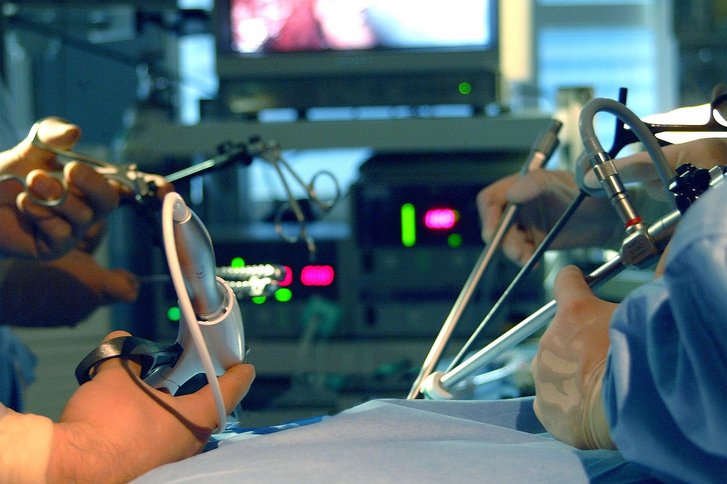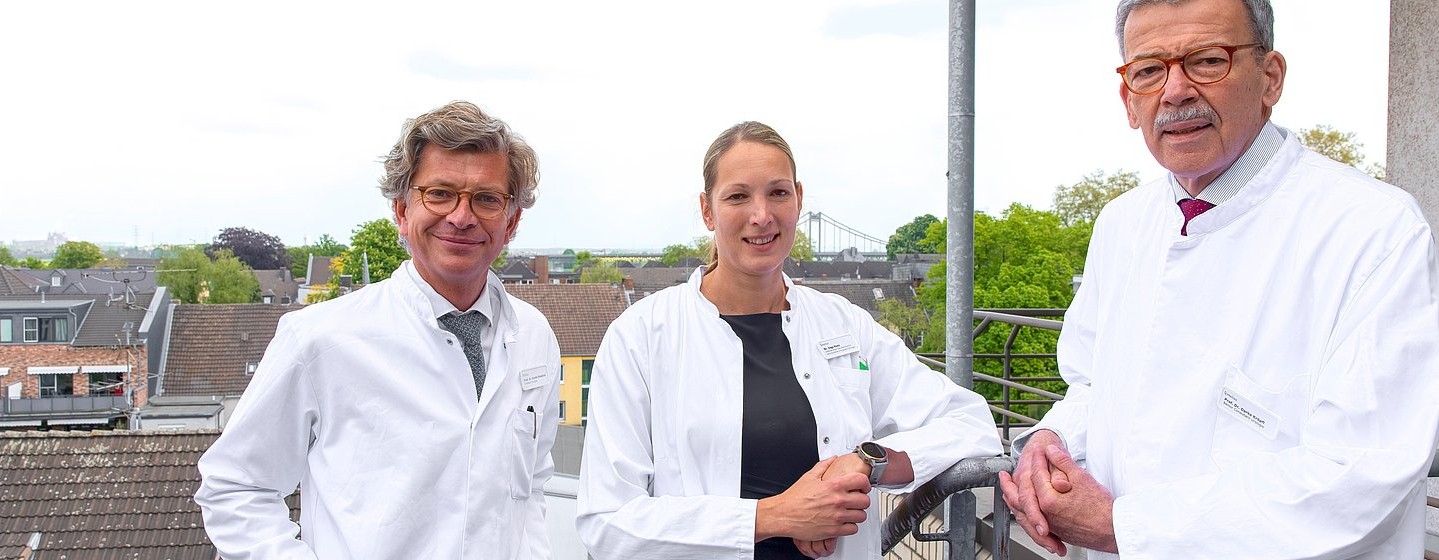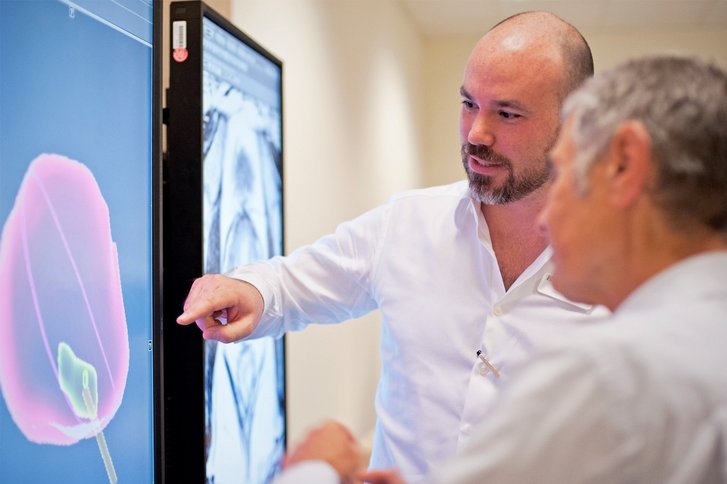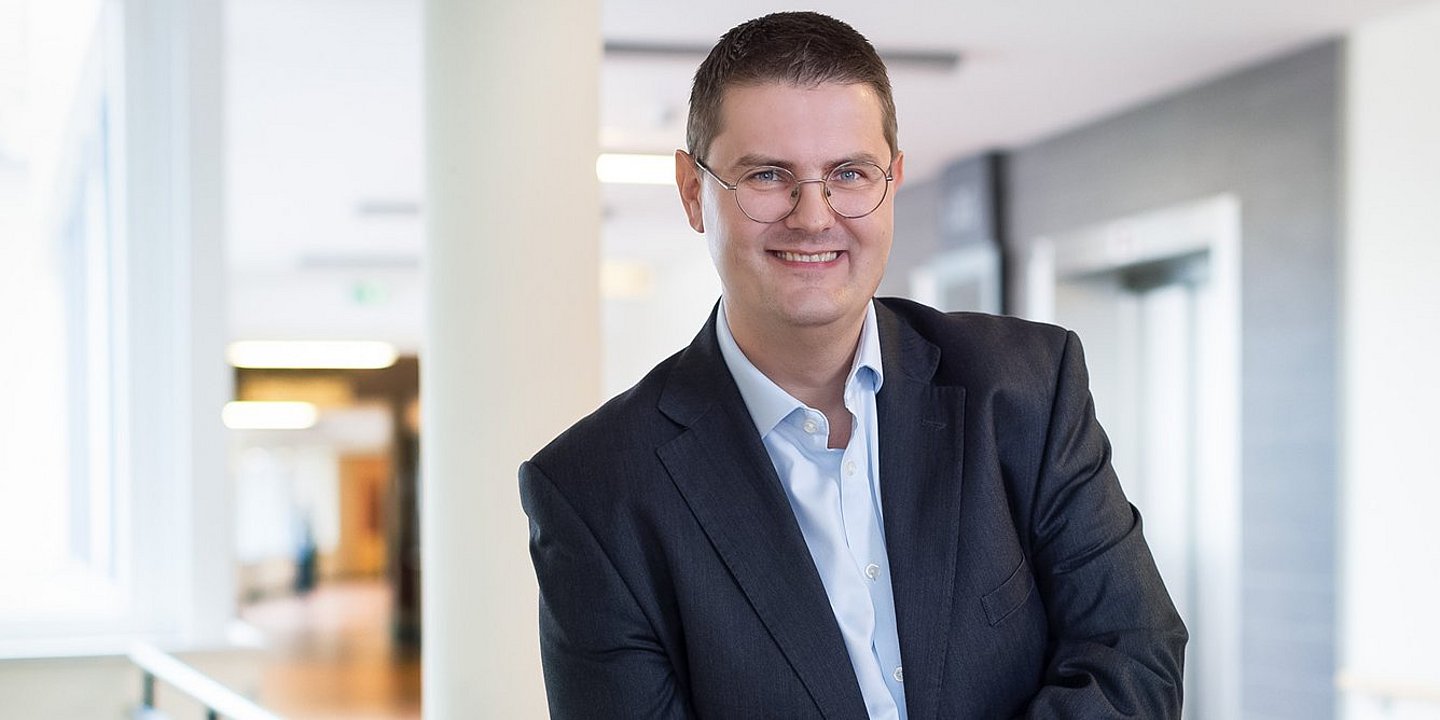
GAINING AND SUSTAINING HEALTH - Life without a prostate gland
In radical prostatectomy, the entire prostate gland is removed along with the seminal vesicles. The consequences of such an operation and how to deal with it is a very personal and individual experience, which is influenced by various factors.
For each man, the removal of the prostate gland has different effects depending on the social life situation, age, social contacts, as well as occupation, and thus has a different meaning.
Operations on the prostate serve to gain and maintain health. With targeted and individualized follow-up treatment, personal training can in the vast majority of cases restore an active life without restrictions.
When does the removal of the prostate occur?
Not every man undergoes complete removal of the organ during prostate surgery. In men with a benign disease of the prostate, called BPH (benign prostatic hyperplasia), the capsule of the prostate is left in place. Similar to a grapefruit, only the interior is removed and the capsule is retained.
However, if it is a malignant disease of the prostate, the entire organ with the seminal vesicles and vas deferens is removed in one operation. The aim of radical prostatectomy is to completely remove all cancer cells.
In the case of radical removal of the bladder due to carcinoma of the bladder, the prostate is usually removed as well. If a new urinary bladder is formed from small intestine, partial prostate resection may help to improve continence under certain circumstances. However, for oncological reasons, this procedure should only be performed in special cases.
Life expectancy without prostate
The presence or absence of the prostate does not affect a man's life expectancy. However, the diseases of the prostate can lead to a shortening of life expectancy if left untreated: Benign prostate enlargement can cause urinary retention and even kidney failure, and cancer of the prostate can significantly shorten life expectancy if left untreated.
The aim is to prolong life expectancy and prevent damage and impairment through accurate diagnosis and appropriately adapted treatment.
In prostate cancer, knowing the prognosis about the course of the disease, in addition to life expectancy, is important to prevent overtreatment and thus possible side effects from unnecessary treatments.
Non-aggressive prostate cancer may never require therapy. According to the S3 guideline of the medical societies, so-called "active surveillance" or even just "watchful waiting" is a good treatment option in this case. This means that the tumor is regularly monitored, taking into account tumor characteristics such as size, growth and aggressiveness, as well as the patient's age and wishes. This active monitoring can be converted into active treatment at any time, so that the quality of life is maintained for as long as possible without missing out on the chances of a cure.
However, the younger the patient and the more aggressive the cancer, the earlier the tumor should be actively treated to prevent tumor seeding in the body. In the presence of metastases or organ-spreading tumor growth, life expectancy is shortened in young patients.
In an aggressive form of prostate cancer, early radical removal of the prostate can significantly increase life expectancy compared to untreated cancer.
The consequences of prostate removal
The removal of the prostate can bring long-term side effects. These are due to the former function of the prostate: Continence and potency.
Bladder control:
At least for some time after the operation, there may be an unnoticed loss of urine (incontinence). Through continence training, a healthy man without any previous neurological disorders can usually regain complete control over the bladder.
In older age and with diseases that affect the nervous system, such as diabetes, stroke or Parkinson's disease, it is more difficult to control the involuntary discharge of urine again.
Potency and erection:
Prostate surgery affects potency in a large number of patients, but not the sensation of touch or the ability to orgasm. However, sexuality can be experienced differently after prostatectomy.
Ejaculation is absent after the surgical procedure because the vas deferens no longer open into the urethra and both the prostate and seminal vesicles have been removed. Affected men are thus incapable of procreation after a prostatectomy.
In the case of a radical prostatectomy, the nerves responsible for an erection may be damaged despite the use of nerve-sparing surgical techniques. After this, a spontaneous erection is no longer possible.
Depending on the stage of the tumor, an attempt at nerve preservation can be made. Success rates are around 50 percent, so that men can continue to have sexual intercourse spontaneously. If the nerves cannot be preserved, a complete erection can be achieved for about two hours by injecting a drug into the corpus cavernosum of the penis.
Retrograde ejaculation
In the treatment of prostate enlargement, in which the prostate capsule is left in place, all continence and sexual functions are preserved. However, ejaculation may be weakened or absent altogether. The reason is the backward ejaculation into the urinary bladder, the so-called retrograde ejaculation.
Severity of consequences depends on life situation
Whether and how severe the consequences of the disease and the treatment of the prostate are for the person affected also depends on the respective life situation of the man. For example, mild stress incontinence causes more problems for an athletic hiker than for a "bookworm" or a passionate chess player. Impotence may be inconsequential for a 70-year-old, while it is tantamount to a catastrophe for a 50-year-old in a new partnership.
Seek the conversation
Good communication between therapists and patients is one of the most important medical factors and can have a positive influence on recovery. Patients should therefore not be afraid to talk to experienced doctors, psychologists, physiotherapists and nurses about their situation and their experience. Coming to terms with and coping with an illness requires confidence and a goal in mind.
A rehabilitation measure can be a good first step towards regaining strength and stamina to take a new path in life.
Read more:
-
More about Helios Krefeld
-
More about Prof. Martin Friedrich
Do you need more information about Helios Hospitals or do you want to schedule your treatment?
Please contact our Helios International Office. We will gladly advise you!




